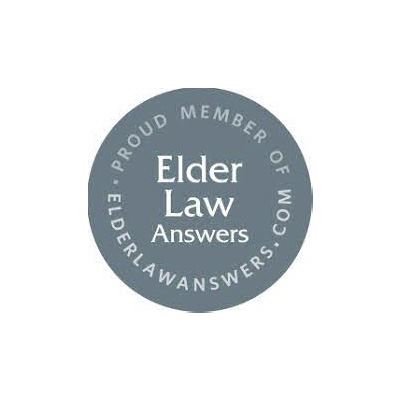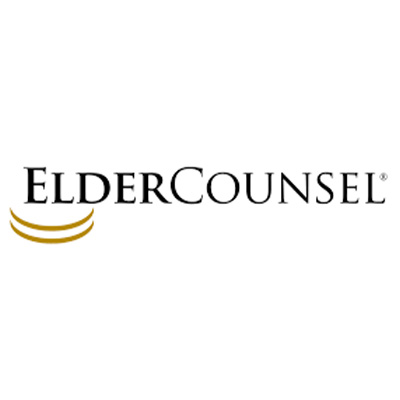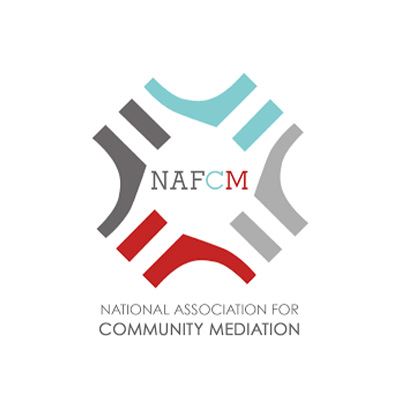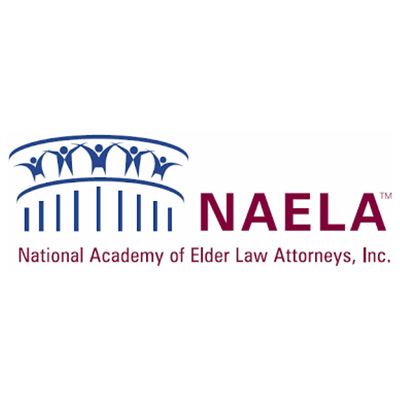
ELDER LAW FAQ
Medicaid/Asset Protection
Question. Does the spouse receive a spousal allowance if the other spouse is on Medicaid?
A. That is an exceedingly complicated question. The spousal allowance is an option if the healthy spouse does not make the minimum income that Medicaid allows. There are also ways to work within the Medicaid guidelines so that some assets can be protected and still qualify for long-term care Medicaid within first spending everything to pay for the nursing facility. I strongly suggest that you/the family contact and experienced elder law attorney
Question. How much money can my mom make and still qualify for Medicaid?
A. For NC long-term care Medicaid (pays for “room and board” at a Medicaid-certified skilled nursing facility), the requirement is that her income be less than the cost of the facility. Skilled nursing facilities cost between $6000 and $10,000 a month, so income-wise, most people will qualify.
Question. Will I lose my house if a receive Medicaid?
A. No. In NC, the primary residence is an exempt asset up to $572,000. So a person can qualify for long-term care Medicaid will the home still in their name. However, the issue then becomes estate recovery (whether Medicaid can place a lien on the home after death to recover what it has paid. There are ways to avoid estate recovery, but planning must be done prior to applying for Medicaid.
Question. If my husband has to go into skilled nursing and receives Medicaid, how will I live if all he income goes to the facility?
A. None of your income will need to be used to pay the facility. Additionally, if your income is less than $2057.50, you may be entitled to keep a portion of your husband’s income.
Question. Is it true that my dad has to have less than $2000 to qualify for Medicaid?
A. To qualify for long-term care Medicaid in NC, the applicant must have less than $2000 in countable assets. Some assets, such as one vehicle, the primary residence, and an irrevocable funeral contract are exempt assets, meaning that their value is not included in the $2000.
Question. I went to social services and was told my mom did not qualify for Medicaid to pay for the nursing facility because she has too many assets. The social worker said we need to “spend down.” What does that mean?
A. Spending down is the process of using excess assets to pay for nursing care until the applicant has less than $2000. Most people who try to apply directly with social services are told to “spend down” but there is a better way. KYA Law focuses on working with families to protect (keep) as many assets as possible and still achieve Medicaid eligibility. In essence, we work within the Medicaid regulations to maximize the amount of money kept in the family and minimize the amount spent paying the nursing facility.
Question. What happens to my dad’s social security and pension once he is approved for Medicaid?
A. Most of your dad’s income will go to pay the facility. He is allowed to keep a $30 personal needs allowance and will still be able to care his Medicare B, D, and supplemental premiums. His income will still go into his account as it always has. You, or someone on his behalf, will then write a monthly check to the facility for his portion of the expense (amount = to what’s left of his income after those deductions). Medicaid will pay the remainder to the facility.
Question. What is a look-back period?
A. This is the amount of time that Medicaid will examine to see if the applicant has made any penalized transactions (gifts). For long-term care Medicaid, this is 5 years. For Special Assistance Medicaid (for assisted living) this is 3 years.
Question. What is a penalty period?
A. If a long-term care Medicaid applicant has made gifts or sold property for less than fair market value during the look-back period, there is a penalty. The penalty is always a length of time that Medicaid will delay benefits because of the gifts. For every $6810 in gifts, there is a one-month penalty.
Question. Do all nursing facilities accept Medicaid? How about assisted living centers?
A. In North Carolina most skilled nursing facilities do accept Medicaid. If a facility is Medicaid-certified, they have to designate a certain number of beds that are available for Medicaid patients. Most assisted living facilities do not accept Medicaid. Those that do frequently require that the resident privately pay for a set period of time (1-3 years) prior to transitioning to Medicaid.
Legal Documents
Question. I have had a general POA since April 2002 for my mother that is recorded in Fulton county Georgia. My brother has gotten her to sign a new POA. Can I change the executor of my mom’s will?
A. Usually when a new POA is written, previous POAs are revoked. If that is the case, your authority as agent under the 2002 document would no longer be valid.
Even if you are (or later become) agent, you have no authority to modify your mother's will. So, no, you cannot change the executor.
Question. Is an executor the same thing as a power of attorney?
A. An executor is the person tasked with making sure a person’s instructions under the will are followed. The executor has no authority until after death. He/she distributes assets, pays bills of the decedent, and makes sure the decedent’s wishes are followed. A power of attorney is a document. The agent appointed in the power of attorney has authority during a person’s lifetime. The specific authority is detailed in the document. An agent’s authority ceases upon the person’s death.

Whether you have questions or you're ready to get started, our legal team is ready to help. Complete our form below or call us at (704) 870-0340.
Question. What is the difference between a General Power of Attorney and a Healthcare Power of Attorney?
A. The general POA is also referred to as a financial POA. This covers issues such as banking, real estate, insurance, legal matters, tax issues, etc. (i.e. business issues). A healthcare power of attorney covers healthcare decisions and designated the person from who healthcare professionals will take instructions if you are unable to communicate with the doctor yourself.
Question. I downloaded a General Power of Attorney form from the internet. It says Statutory Short Form. Is that all I need?
A. No. The NC Statutory Short Form POA or any form you download online is going to give very limited authority. If all you need to do is assist with paying bills, talk to a creditor about a bill, collect rents, etc. then you’re fine. Otherwise, you probably do not have the necessary authority. NC is very strict when interpreting POAs. If you want your agent to have authority to do something, it must be explicitly stated in the document. Otherwise, your agent could try to take action on your behalf and not be able to do so.
Question. My husband has very advanced Alzheimer’s and doesn’t understand anything anymore. He never signed a POA. Can he do that now?
A. Unfortunately not. To execute a POA, he must be able to understand that the document is giving his agent the authority to act on his behalf. He must also be able to designate who that agent is, and show that he is knowingly and voluntarily signing. Since he is no longer able to do that, the only option for you to get authority to assist with his financial affairs is to file for Guardianship.
Question. I am married. Doesn’t my spouse have the authority to take care of things on my behalf even without a power of attorney?
A. No. This is a commonly-held misconception. If you’ve ever tried talking to a creditor about a bill that’s in just your spouse’s name, you’ve likely been told they can’t talk to you, or ask you to put your spouse on the phone to tell them it’s okay. This is because without a POA, no one has the authority to act on another’s behalf, even a spouse.

Real Testimonials, Real Cases
-
"The service they provided to me was very professional and focused to achieve the objective."Maria
-
"I feel like I can trust them and I would definitely go to them again if i needed their help."R.R.
-
"The staff were always helpful and personable. "Marcia G.








